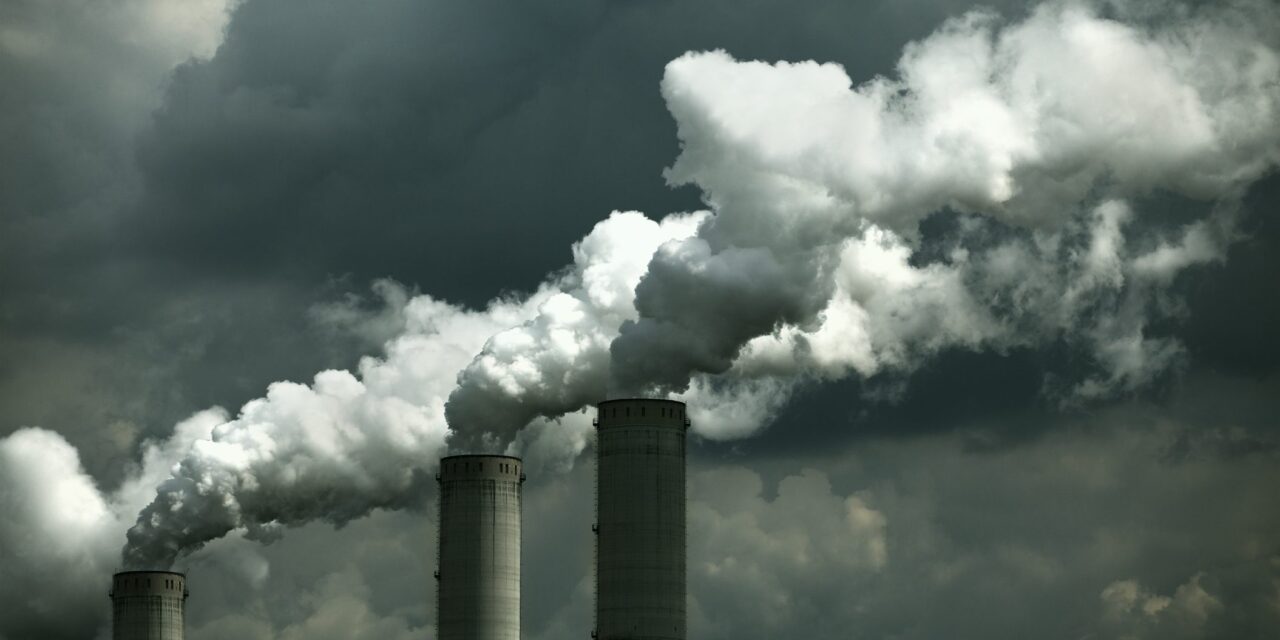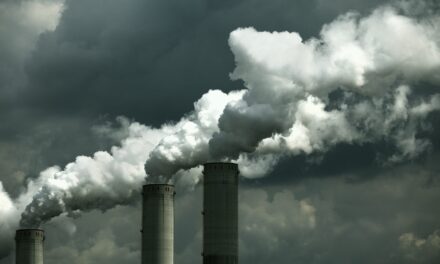Not busy bees. Real bees. Bees that pollinate many many flowering plants. Bees whose colonies are in decline worldwide. A new study suggests one possible reason: the life cycle of bees is out of synch with the time that the plants they pollinate are blossoming:
Climate change may be preventing bees from carrying out the vital job of pollination by upsetting their life cycles, a study has shown. […]
As a result, fewer of the plants are being pollinated and bearing fruit. […]
There are major implications for farming and food supplies: a third of the world’s fruits and vegetables would not exist without the help of bees and other pollinators.
The new research provides early evidence that climate change may be playing a role in driving down pollination.
“Bee numbers may have declined at our research site, but we suspect that a climate-driven mismatch between the times when flowers open and when bees emerge from hibernation is a more important factor,” said biologist James Thomson, from the University of Toronto in Canada.
Professor Thomson conducted a 17-year pollination study of the glacier lily, Erythronium grandiflorum, in the Rocky Mountains of Colorado – one of the longest investigations of its kind ever conducted.
He found a progressive decline in pollination over the years which was most pronounced early in the flowering season. […]
“Early in the year, when bumble bee queens are still hibernating, the fruiting rates are especially low,” he said.
“This is sobering because it suggests that pollination is vulnerable even in a relatively pristine environment that is free of pesticides and human disturbance but still subject to climate change.”
Yes, there are certainly other possible factors that affect bee populations such as pesticides, potential disease vectors and lowered immunity among bee colonies, but this study suggests that climate change is occurring faster than bee populations can adapt to the changes. Where previously their hibernation ended at the same times flowering plants bloomed, we now see that in many parts of the world, plants are flowering earlier each spring, yet bees are still in hibernation, their genes still locking them into the old cycle when flowers bloomed later.
It is one study, but it is also a record over a period of 17 years, long enough to measure the changes that global warming has caused in the life cycles of plants many of which now germinate and bloom before the bees are awake. More research needs to be done, of course, but this initial study is strong evidence that the consequences of climate change are not simply rising ocean levels, more extreme storms, or hotter summers.
Climate change is likely to play a significant role in how we grow our food in the future, particularly fruits and vegetables, if bees no longer can play a primary role in the pollination process. And that should concern everyone regardless of their political views. If Bjorn Lomborg, well known climate change skeptic, can change his mind about the need to take immediate action, maybe some of our conservative brethren not tied to the fossil fuel industry can as well. After all, food supplies are something everyone should be worried about, not just “liberals” and “enviromentalist whackos.”






